University of Augsburg
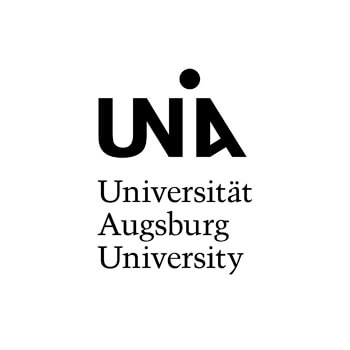
Founded: 1970
Address: Universitaetsstr. 2 - Bavaria, Germany
Phone: +49821 5980
Address: Universitaetsstr. 2 - Bavaria, Germany
Phone: +49821 5980
Here you find out University of Augsburg complete information about fees, location, degree University of Augsburg offers, number, website, and much more. University of Augsburg is a leading university in Bavaria - Germany.
You can also find out jobs at University of Augsburg for students, teachers, and professors. We also update the database for an internship at University of Augsburg for students.
The University of Augsburg was founded in 1970 and is thus one of the new, modern universities in Bavaria. At approximately 19,000 students and an academic staff of about 1,200, it is still of a manageable size, yet it attracts students and scholars from far beyond its immediate catchment area. The University of Augsburg offers a wide range of academic programmes in arts, humanities, natural sc...iences, business and law.
In its research, the University of Augsburg connects local with global perspectives in a network of academic discourses centered on five focus areas: Transnational Studies, Health Sciences, Resource Management, Materials Science and Applied Computer Science. In addition, top-level research is being done in all disciplines represented at the university.
The University of Augsburg is situated on a landscaped campus to the south of the city of Augsburg, easily reached both by road and by public transport.
The University of Augsburg campus is one of the most congenial places to study in Germany. Situated near the city centre of Augsburg, the campus is spacious without being overwhelming. The modern buildings, functional and yet architecturally appealing, blend into a landscaped park with grassy areas, a lake, fountains and several sculptures by contemporary artists.
The concentration of the academic buildings on one site simplifies the day-to-day working of the university while encouraging communication. The individual faculties, the administration offices (including the Student Service Centre), the refectory, cafeterias, bars, and the libraries are all conveniently close together. This is a place where people study, teach, carry out research, and live. There is a sense of what “university” really means: a sense of community, cooperation and solidarity between the lecturers and the researchers on the one hand, and, on the other hand, the students who benefit from the research through the teaching they receive.
The University of Augsburg was founded in 1970. It is one of the new, modern universities in Bavaria, and with approximately 20,000 students it is of a manageable size. It attracts students from far beyond its immediate catchment area. About 20% of the German students come from outside Bavaria, and at 10% its share of foreign students is larger than at comparable universities.
The University of Augsburg maintains particularly close partnerships with the Universities of Pittsburgh (USA), Osijek (Croatia), Iasi (Romania) and Chabarowsk (Russia). It has cooperation agreements with over forty universities in Europe, Asia, South Africa, North America and Latin America. The number of ERASMUS exchange programmes also continues to grow. There are currently exchange programmes with more than 130 universities throughout Europe.
Foreign academics and students are warmly welcomed to all institutes of higher education in Augsburg and are offered rofessional advice about their stay. An office has been set up to answer all their questions, which they can consult before leaving their home country or upon arrival in Augsburg. This office deals with everything relating to residency permits (visas) and the practicalities of life in Germany. If required, they can even arrange an airport transfer from Munich Airport to Augsburg.
Anyone who has studied or carried out research here can keep in touch with the University of Augsburg once they have returned home. “Alumni Augsburg International” is a flourishing network that benefits all current Augsburg students, too, as they can use it to find contacts almost anywhere in the world when they themselves go abroad to study.
Augsburg is one of the oldest cities in Germany. The Roman Emperor Augustus founded the city more than 2000 years ago in 15 B.C. In the late Middle Ages and the Renaissance, the city developed into a trade and finance metropolis that was influential throughout the world. The famous Fugger and Welser merchant families ran their businesses from here. The wealth that abounded at that time is still reflected in the historic cityscape today. The town hall, constructed by the master builder Elias Holl, the city palace of the Fuggers, and the Fuggerei, the oldest council housing estate in the world, bear witness to this. In addition to the splendid buildings and town houses of the Renaissance, a rich artisan tradition (goldsmiths and silversmiths, textile production) has left its mark on the city. The peaceful old town with its narrow alleyways, canals and bars, together with the busy squares and shopping precincts of this old “patrician city”, create a charming Mediterranean atmosphere. Augsburg has even been called the northernmost city of Italy…
One Augsburg tradition that still has an influence today is the “Confessio Augustana” – the Lutheran profession of faith – which was first declared at the Imperial Diet of 1530. Another is the “Religious Peace of Augsburg”, the first successful political settlement between the Christian faiths that took place in the city in 1555. This Religious Peace is still celebrated today with a public holiday (8 August) exclusive to Augsburg. Every three years the Augsburg Peace Prize is awarded to an important public figure. This tradition is also consciously cultivated on an everyday level: cooperation between residents from different ethnic backgrounds and faiths is an important part of local politics. The university also participates in this programme with the “Augsburg Academic Prize for Intercultural Studies”, which has been awarded annually since 1998. It has now gained a reputation as one of the most renowned German prizes in this field of research.
Today, Augsburg has a population of around 260,000. In addition to commerce and administration, the main employers in the city include a number of leading German, European and international technological companies, such as Fujitsu Siemens, EADS, KUKA, MAN and the international paper group, UPM Kymmene, the successor to the old Augsburg paper company Haindl. The university has also decisively contributed to the emergence of environmental research and environmental engineering as future-oriented focal points for both the city and the region. Research projects in this field have resulted in close links between the University of Augsburg and numerous partners with interests in the promotion of environmental science, both at local and state levels and in the private sector.
Augsburg is a great tourist attraction, both because of its carefully preserved buildings, monuments, museums and churches, and its vibrant cultural scene. Here, too, the city continues to cultivate its old traditions. For example, Augsburg is the birthplace of Leopold Mozart, Wolfgang Amadeus" father; the international Leopold Mozart Violin Competition takes place here every two years. The playwright Bertolt Brecht was also born here. His work is kept alive in the city through performances of his plays, readings, lectures and exhibitions. Both Mozart House and Brecht House can still be visited today: good starting points for anyone wanting to follow the tracks left in the city by these two geniuses. Other Augsburg celebrities include Jim Knopf and Urmel from the Ice, the most famous representatives of the renowned Augsburg Puppet Theatre (“Augsburger Puppenkiste”).
The city"s geographical location is another factor that adds to the quality of life there and makes it more attractive to tourists. Munich, the state capital of Bavaria, is within easy distance, as are several of Germany"s most popular holiday destinations. These include the German Alps and the fairytale lakes of Upper Bavaria that provide the backdrop for Neuschwanstein Castle and the other royal castles built by King Ludwig II.
You can also find out jobs at University of Augsburg for students, teachers, and professors. We also update the database for an internship at University of Augsburg for students.
The University of Augsburg was founded in 1970 and is thus one of the new, modern universities in Bavaria. At approximately 19,000 students and an academic staff of about 1,200, it is still of a manageable size, yet it attracts students and scholars from far beyond its immediate catchment area. The University of Augsburg offers a wide range of academic programmes in arts, humanities, natural sc...iences, business and law.
In its research, the University of Augsburg connects local with global perspectives in a network of academic discourses centered on five focus areas: Transnational Studies, Health Sciences, Resource Management, Materials Science and Applied Computer Science. In addition, top-level research is being done in all disciplines represented at the university.
The University of Augsburg is situated on a landscaped campus to the south of the city of Augsburg, easily reached both by road and by public transport.
The University of Augsburg campus is one of the most congenial places to study in Germany. Situated near the city centre of Augsburg, the campus is spacious without being overwhelming. The modern buildings, functional and yet architecturally appealing, blend into a landscaped park with grassy areas, a lake, fountains and several sculptures by contemporary artists.
The concentration of the academic buildings on one site simplifies the day-to-day working of the university while encouraging communication. The individual faculties, the administration offices (including the Student Service Centre), the refectory, cafeterias, bars, and the libraries are all conveniently close together. This is a place where people study, teach, carry out research, and live. There is a sense of what “university” really means: a sense of community, cooperation and solidarity between the lecturers and the researchers on the one hand, and, on the other hand, the students who benefit from the research through the teaching they receive.
The University of Augsburg was founded in 1970. It is one of the new, modern universities in Bavaria, and with approximately 20,000 students it is of a manageable size. It attracts students from far beyond its immediate catchment area. About 20% of the German students come from outside Bavaria, and at 10% its share of foreign students is larger than at comparable universities.
The University of Augsburg maintains particularly close partnerships with the Universities of Pittsburgh (USA), Osijek (Croatia), Iasi (Romania) and Chabarowsk (Russia). It has cooperation agreements with over forty universities in Europe, Asia, South Africa, North America and Latin America. The number of ERASMUS exchange programmes also continues to grow. There are currently exchange programmes with more than 130 universities throughout Europe.
Foreign academics and students are warmly welcomed to all institutes of higher education in Augsburg and are offered rofessional advice about their stay. An office has been set up to answer all their questions, which they can consult before leaving their home country or upon arrival in Augsburg. This office deals with everything relating to residency permits (visas) and the practicalities of life in Germany. If required, they can even arrange an airport transfer from Munich Airport to Augsburg.
Anyone who has studied or carried out research here can keep in touch with the University of Augsburg once they have returned home. “Alumni Augsburg International” is a flourishing network that benefits all current Augsburg students, too, as they can use it to find contacts almost anywhere in the world when they themselves go abroad to study.
Augsburg is one of the oldest cities in Germany. The Roman Emperor Augustus founded the city more than 2000 years ago in 15 B.C. In the late Middle Ages and the Renaissance, the city developed into a trade and finance metropolis that was influential throughout the world. The famous Fugger and Welser merchant families ran their businesses from here. The wealth that abounded at that time is still reflected in the historic cityscape today. The town hall, constructed by the master builder Elias Holl, the city palace of the Fuggers, and the Fuggerei, the oldest council housing estate in the world, bear witness to this. In addition to the splendid buildings and town houses of the Renaissance, a rich artisan tradition (goldsmiths and silversmiths, textile production) has left its mark on the city. The peaceful old town with its narrow alleyways, canals and bars, together with the busy squares and shopping precincts of this old “patrician city”, create a charming Mediterranean atmosphere. Augsburg has even been called the northernmost city of Italy…
One Augsburg tradition that still has an influence today is the “Confessio Augustana” – the Lutheran profession of faith – which was first declared at the Imperial Diet of 1530. Another is the “Religious Peace of Augsburg”, the first successful political settlement between the Christian faiths that took place in the city in 1555. This Religious Peace is still celebrated today with a public holiday (8 August) exclusive to Augsburg. Every three years the Augsburg Peace Prize is awarded to an important public figure. This tradition is also consciously cultivated on an everyday level: cooperation between residents from different ethnic backgrounds and faiths is an important part of local politics. The university also participates in this programme with the “Augsburg Academic Prize for Intercultural Studies”, which has been awarded annually since 1998. It has now gained a reputation as one of the most renowned German prizes in this field of research.
Today, Augsburg has a population of around 260,000. In addition to commerce and administration, the main employers in the city include a number of leading German, European and international technological companies, such as Fujitsu Siemens, EADS, KUKA, MAN and the international paper group, UPM Kymmene, the successor to the old Augsburg paper company Haindl. The university has also decisively contributed to the emergence of environmental research and environmental engineering as future-oriented focal points for both the city and the region. Research projects in this field have resulted in close links between the University of Augsburg and numerous partners with interests in the promotion of environmental science, both at local and state levels and in the private sector.
Augsburg is a great tourist attraction, both because of its carefully preserved buildings, monuments, museums and churches, and its vibrant cultural scene. Here, too, the city continues to cultivate its old traditions. For example, Augsburg is the birthplace of Leopold Mozart, Wolfgang Amadeus" father; the international Leopold Mozart Violin Competition takes place here every two years. The playwright Bertolt Brecht was also born here. His work is kept alive in the city through performances of his plays, readings, lectures and exhibitions. Both Mozart House and Brecht House can still be visited today: good starting points for anyone wanting to follow the tracks left in the city by these two geniuses. Other Augsburg celebrities include Jim Knopf and Urmel from the Ice, the most famous representatives of the renowned Augsburg Puppet Theatre (“Augsburger Puppenkiste”).
The city"s geographical location is another factor that adds to the quality of life there and makes it more attractive to tourists. Munich, the state capital of Bavaria, is within easy distance, as are several of Germany"s most popular holiday destinations. These include the German Alps and the fairytale lakes of Upper Bavaria that provide the backdrop for Neuschwanstein Castle and the other royal castles built by King Ludwig II.
Read More
Details:
LeaderShip: President: Prof. Dr. Sabine Doering-Manteuffel
Fees:
Time:
Phone Number: +49821 5980
City: Bavaria
Fees:
Time:
Phone Number: +49821 5980
City: Bavaria
Timing:
Country: Germany
Staff:
Website: http://www.uni-augsburg.de
Country: Germany
Staff:
Website: http://www.uni-augsburg.de
Subjects:
Jobs in University of Augsburg
Currently, there is no job opening in University of Augsburg as per our database.

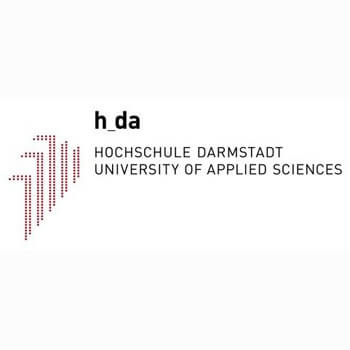
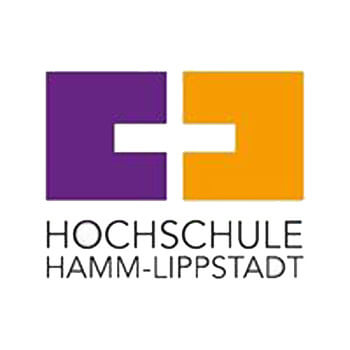
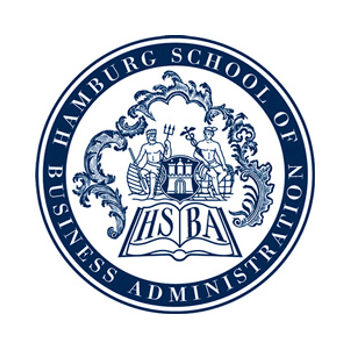
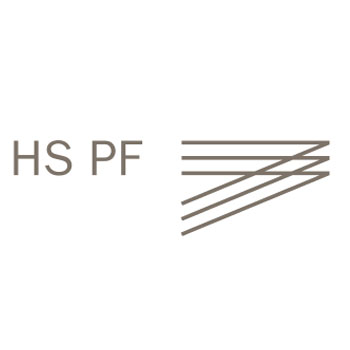

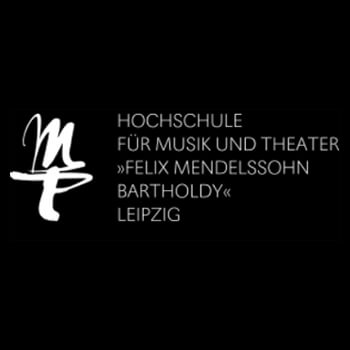

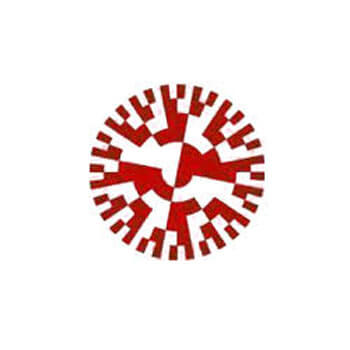




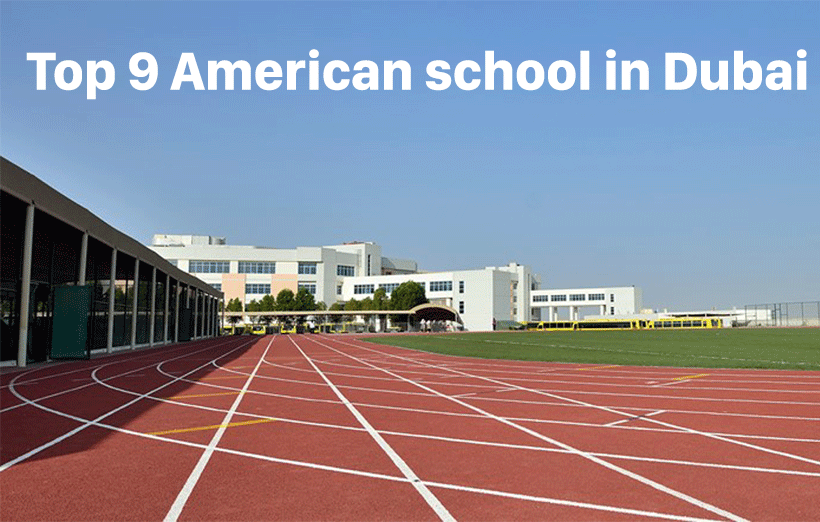





Leave a Reply